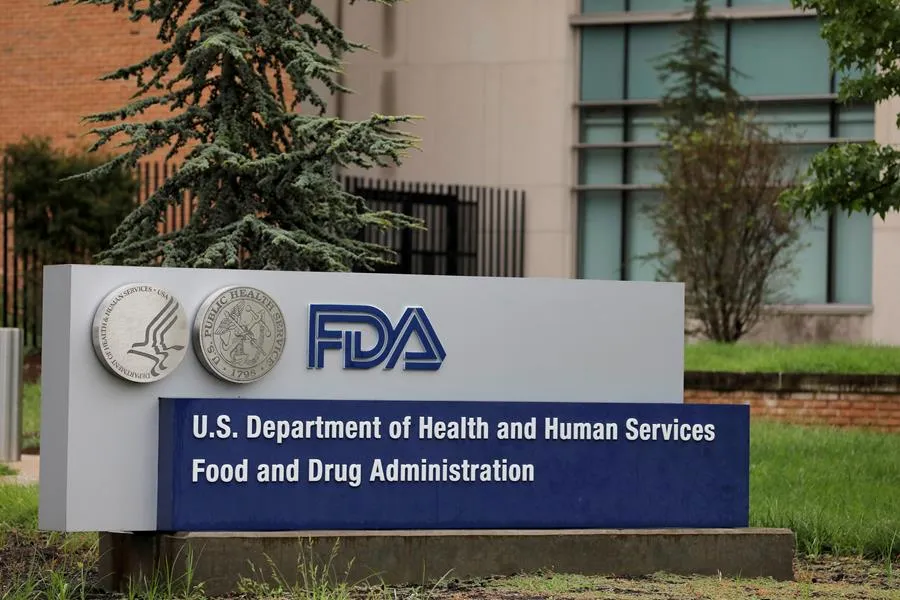FDA's Decision on MDMA-Based Therapy for PTSD: Key Insights

FDA's Rejection of MDMA-Based PTSD Treatment
The U.S. Food and Drug Administration (FDA) has declined to approve a groundbreaking MDMA-based therapy for post-traumatic stress disorder (PTSD), marking a significant setback for the treatment's prospects.
Reasons for Rejection
- Insufficient clinical data was the primary reason cited by the FDA.
- The decision underscores the importance of strong evidence in the approval of new therapies.
Implications for Future Treatments
This ruling may impact the future landscape of therapeutic innovations aimed at combating PTSD, an area that currently lacks effective treatments.
Conclusion
The FDA's decision serves as a reminder of the stringent standards required for clinical approvals and the ongoing challenges researchers face in developing effective therapies for mental health disorders.
This article was prepared using information from open sources in accordance with the principles of Ethical Policy. The editorial team is not responsible for absolute accuracy, as it relies on data from the sources referenced.